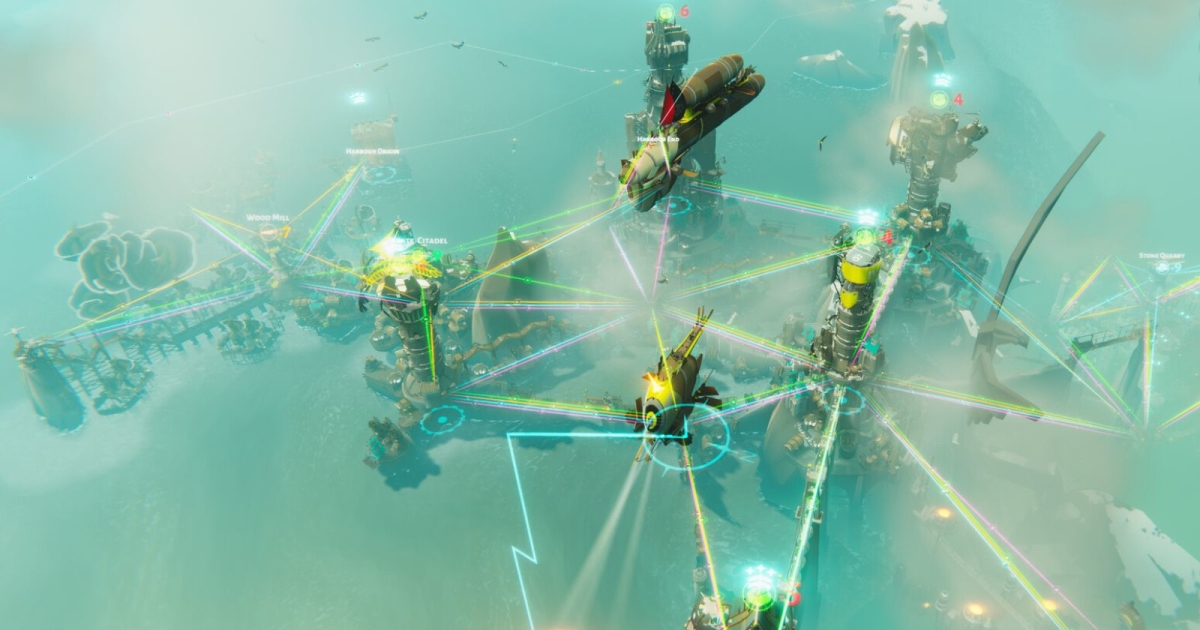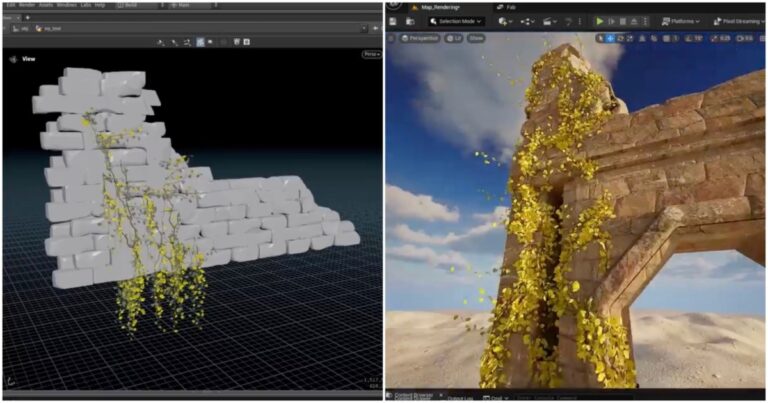Tomas Sala
Compared with grand AAA titles, indie games like Stardew Valley, Palworld, Balatro, and many others shine with their niche creative ideas, bringing players unique and refreshing gameplay experiences. But an undeniable fact is that some indie developers, especially solo developers, are struggling to fund themselves long enough to the day the game meets players. It’s critical to think about how to balance passion and love and the cruel yet unignorable factor: money.
Tomas Sala, a Dutch solo game developer who has experience in the industry for more than 25 years and the developer behind titles like The Falconeer and chill city builder Bulwark Evolution: Falconeer Chronicles, joined the Thomas Brush podcast to share some insights about indie games and solo developers.
It might be a great struggle for some indie developers who have a great idea in their mind, yet somehow, it doesn’t show that great potential to be a commercially successful product. Sala has this situation covered:
“Creators, we’ll keep pulling that dead horse because we put all our love and energy into it, but for the money? You can’t turn a turd into a hit. You can’t polish up that turd, you need to let go and move on. You learn and you keep at it.” (Thanks, Games Radar+)
Money matters for solo developers, and so does their time spent, which is an invisible cost. The solo developer believes the time span for developing a single game shouldn’t be longer than two years.
“I do my games in two years, that’s my goal. Less than two years to make big, visually stunning games. Not six or seven years, ’cause that’s just dumb.”
Tomas Sala
His viewpoints remind me of the concept of a minimum viable product (MVP), which suggests that products should be placed to face customers, in game cases, players, directly to be tested and verified so you can decide whether to continue working on it. If the direction is wrong, going a long path doesn’t make sense, and it simply increases the cost of mistakes. Sala further explains:
“The golden goose is not making the game, but figuring out if the game is going to make money. If the game’s not going to make money you shouldn’t work on it. That’s a brutal reality. I think mobile game developers have more or less learned that lesson. This is the jungle we’re in now.”
Sala also covered other aspects regarding developing games alone, like signing deals, funding, partnerships, audience, and more. Feel free to check out the podcast here on YouTube.
Join our 80 Level Talent platform and our new Discord server, follow us on Instagram, Twitter, LinkedIn, Telegram, TikTok, and Threads, where we share breakdowns, the latest news, awesome artworks, and more.





